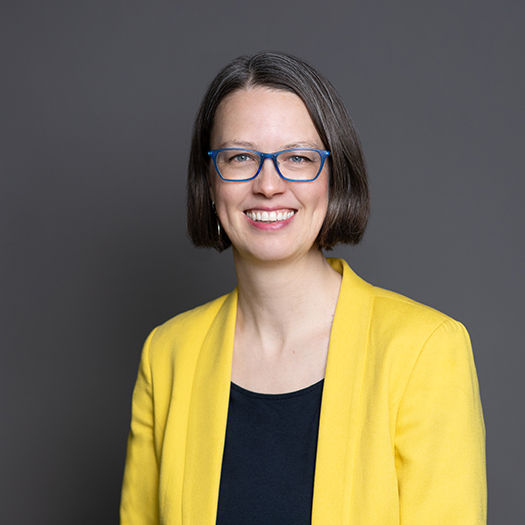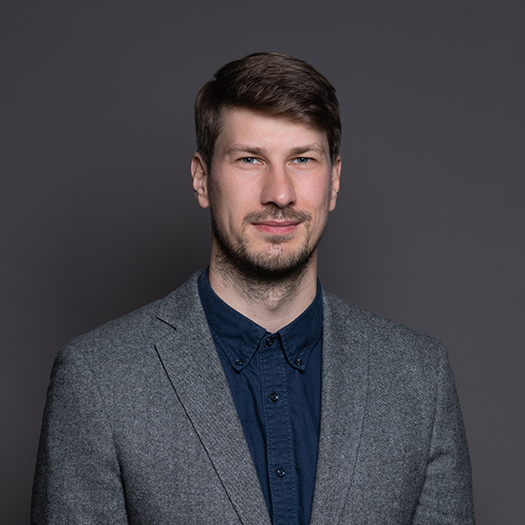Integration of Migrants and Attitudes towards the Welfare State
Integration of Migrants and Attitudes towards the Welfare State
Against the background of the strong immigration to Germany in recent years, the role of the welfare state and its legitimacy are discussed controversially. On the one hand, social policy supports the integration of migrants into the labor market and society, thereby contributing to the stabilization of social security systems. On the other hand, migration can undermine the legitimacy of the welfare state if the local population is reluctant to redistribute to migrants and fears a greater financial burden from the cost of immigration.The junior research group therefore wants to analyze the following questions: (1) how does social policy and new immigration influence the integration of former migrant groups; (2) how does perceived integration of migrants affect attitudes towards the welfare state; (3) how do perceived and actual integration interact in different socio-political fields of action? The project goes beyond previous research by differentiating between different groups of migrants and locals and focusing on several dimensions of integration. Methodologically, representative microdata sets are to be analysed with modern quantitative methods and experimental surveys conducted. On the basis of these results, scientifically sound and practicable recommendations for a sustainable German social policy will be developed, so that it can continue to secure vulnerable groups of the population and open up opportunities in the future, without putting its own acceptance at stake.
An overview over the planned research activities can be found here.
The junior research group is funded by the Federal Ministry of Labor and Social Affairs (BMAS) within the Fördernetzwerk Interdisziplinäre Sozialpolitikforschung (FIS).
The junior research group is supported by a scientific advisory board consisting of the following individuals:
Prof. Dr. Thomas Bauer, Ruhr-Universität Bochum, Vizepräsident des RWI - Leibniz-Institut für Wirtschaftsforschung
Prof. Dr. Sebastian Till Braun, Universität Bayreuth
Prof. Romana Careja, Ph.D., Universität Odense
Prof. Christian Dustmann, Ph.D., University College London und Direktor des interdisziplinären Centre for Research and Analysis of Migration (CReAM)
Prof. Maureen A. Eger, Ph.D., Umeå University
Prof. Christina Gathmann, Ph.D., Luxembourg Institute of Socio-Economic Research (LISER)
Prof. Dominik Hangartner, Ph.D. ETH Zürich und Ko-Direktor des Immigration Policy Lab (IPL)
Prof. Dr. Irena Kogan, Universität Mannheim
Prof. Dr. Christian Albrekt Larsen, Direktor des Centre for Comparative Welfare Studies, Universität Aalborg
Prof. Dr. Alexander Schmidt-Catran, Universität Frankfurt
Prof. Andreas Steinmayr, Ph.D., Universität Innsbruck
Prof. Jan Stuhler, Ph.D., Universität Carlos III, Madrid
ZEW Press Release:
https://www.zew.de/en/press/latest-press-releases/migration-from-russia-very-likely
https://www.zew.de/en/press/latest-press-releases/eastern-europeans-relieve-the-tight-german-labour-market
https://www.zew.de/en/press/latest-press-releases/labour-markets-taking-in-refugees-creates-new-jobs





